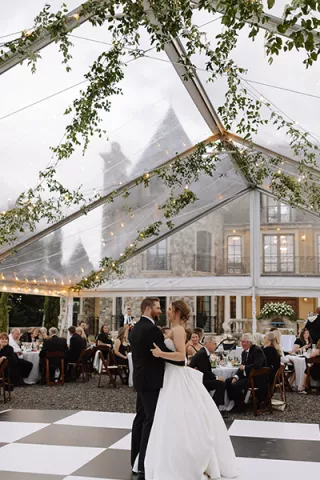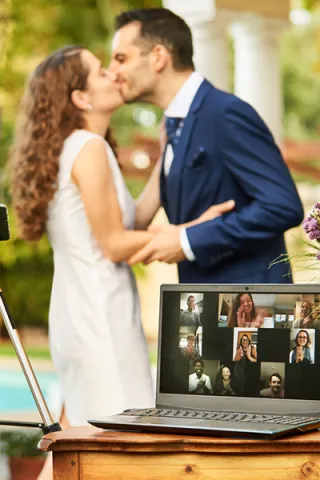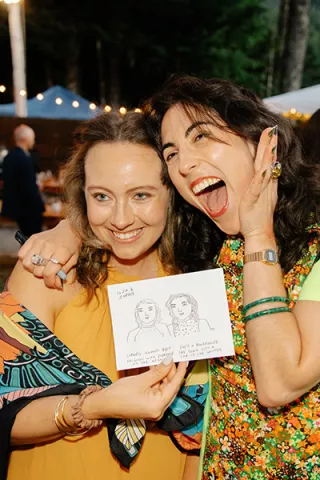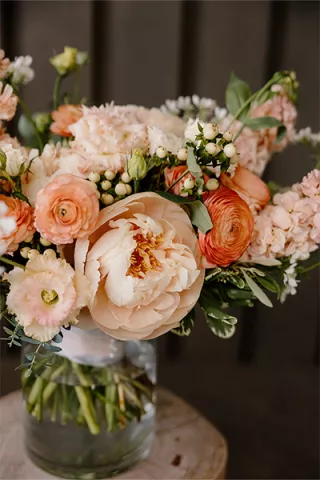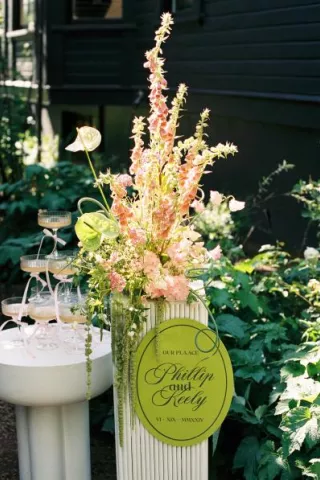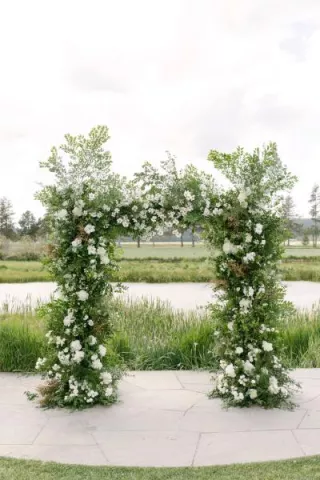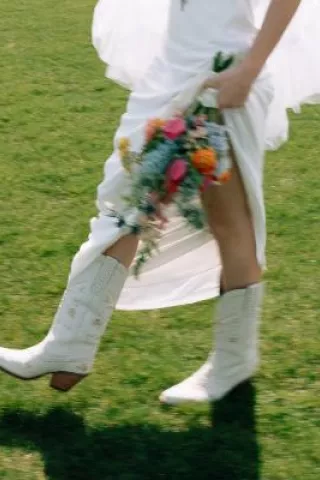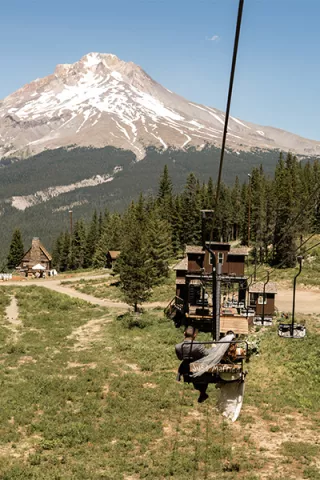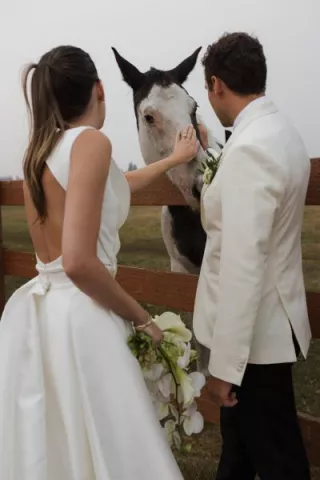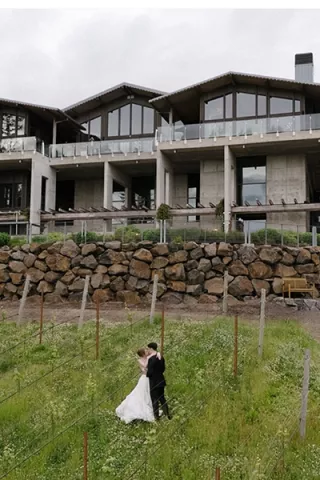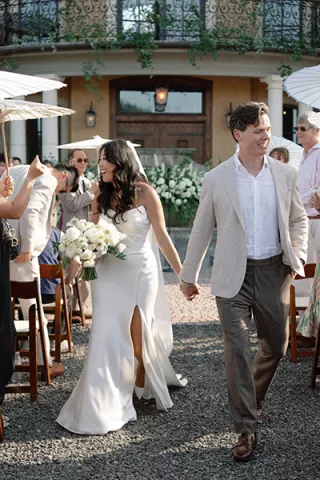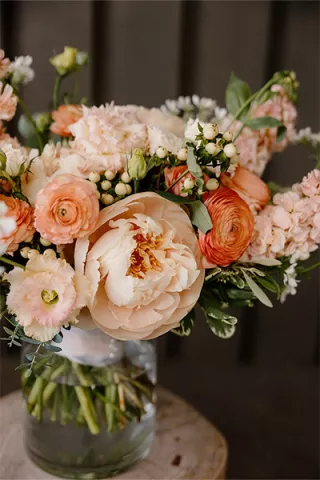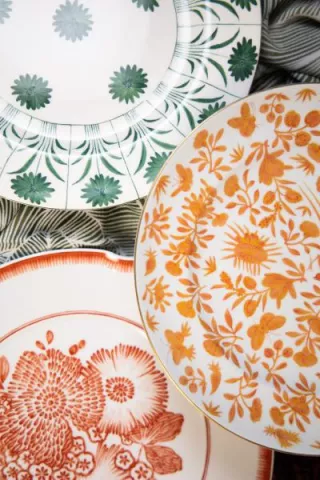There are many important decisions to be made for your wedding day, but one of the most everlasting will be how your photos are taken. Film photography is making a comeback as many couples are being drawn to its grain and character. But how does it compare to the now standard digital photos? And which approach would be best for your budget, style and priorities? We talked to some of Oregon’s best film and digital photographers to get the lowdown on the benefits and drawbacks of each approach.
Film: Slow and Steady Using film requires photographers to be more intentional with their shots because it isn’t feasible to take thousands upon thousands of shots, from which photographers then have to winnow the best. “I began my photography journey shooting with film 17 years ago, and it truly challenged me to be a better photographer, as you really just get one shot with film, so knowing light and getting the shot just as you want it is important,” says Deyla Huss of Deyla Huss Photography.

Photography by RT Faith Photography / Film
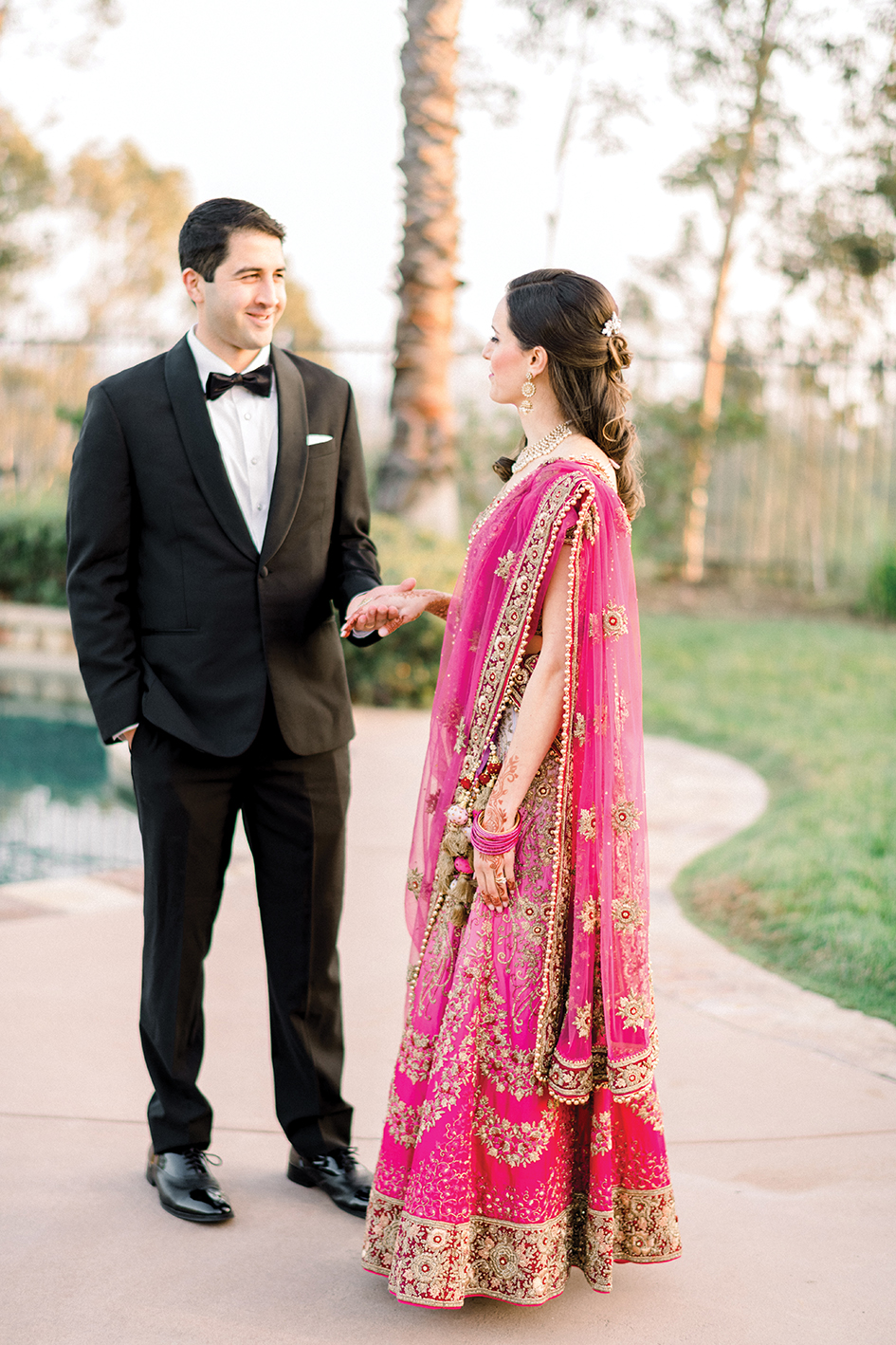
Photography by Deyla Huss / Digital
Digital: Capturing Spontaneity
With digital, photographers have virtually no limit to how many photos they can snap, creating more potential for catching spur-of-the-moment action shots that would be more difficult to capture on film. “Digital photography lets you capture candid moments in an extraordinary way. You can take as many photos as you want of special moments, such as the couple making their exit from the altar, their first kiss or the bridesmaids popping a bottle of Champagne. Digital cameras let you capture that incredible split second of a once-in-a-lifetime moment,” says Dan Cassuto of Sound Originals.
Film: Nostalgia Has a Price Tag
Film photography, being an analog process, requires many more steps than digital does to achieve its signature archival look. Unfortunately, this means incurring a few more costs than you would with digital. Developing, processing, shipping, scanning and other services add to the bill, which can sometimes total more than $900 in hard costs alone. There is also the high cost of stress that comes with choosing film, having to trust that everyone touching your photos at each step along the way is careful not to
damage them.
Digital: Faux Film
With modern editing software, many photographers are skilled enough to merge the benefits of film and digital by manipulating digital photos to give them the grainy look of film. “Because of my background in film, I have continued with the same style as if I was shooting with my film cameras,” says Huss. “Don’t get me wrong. Film is still a part of my life, because I still love the raw feel of the imagery I produce with film. But now, [I] have a little less of a headache and worry while still producing beautiful film-esque imagery for my clients on one of the biggest days of their lives.”

Photography by Deyla Huss / Digital
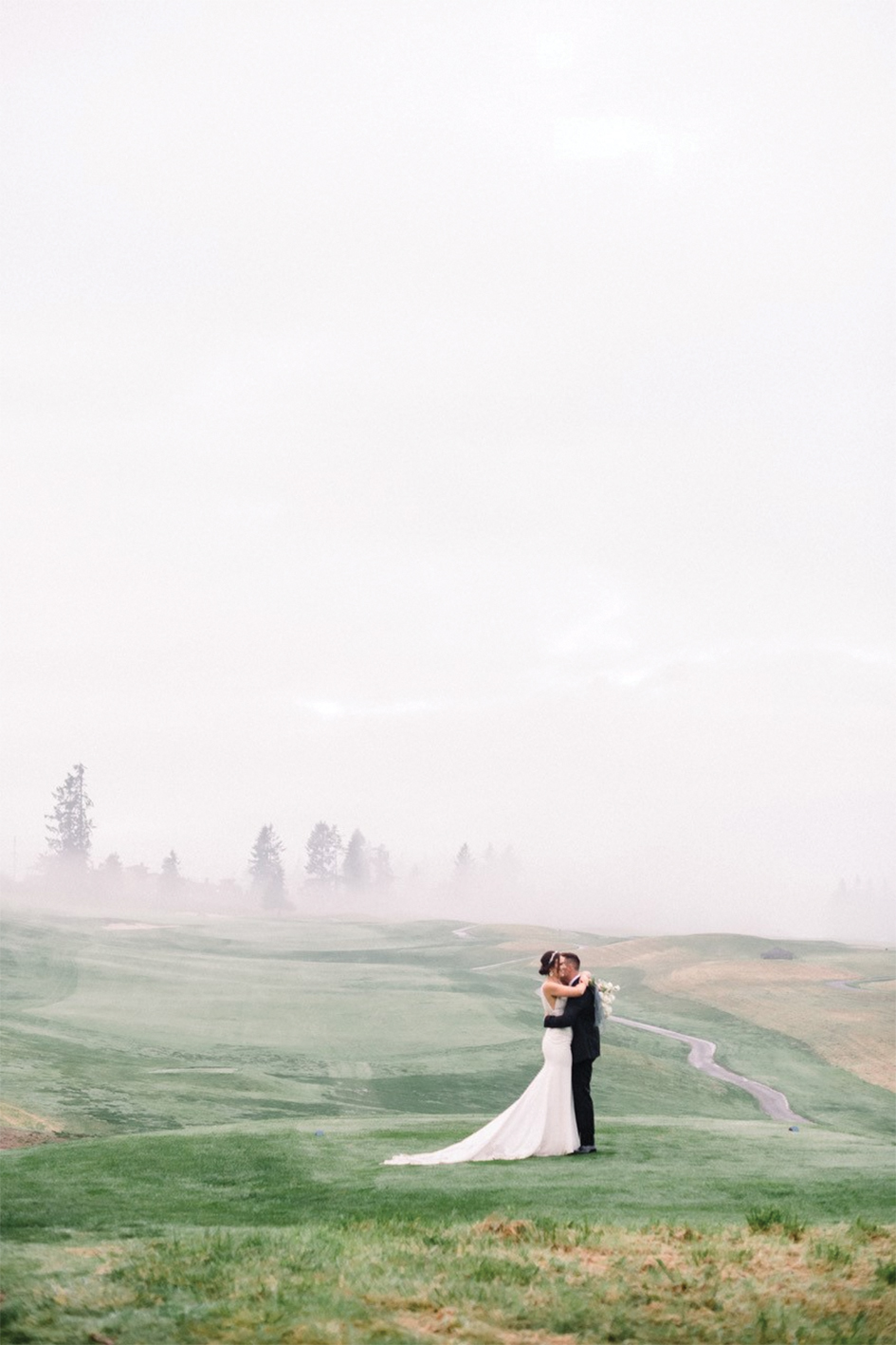
Photography by Deyla Huss / Digital
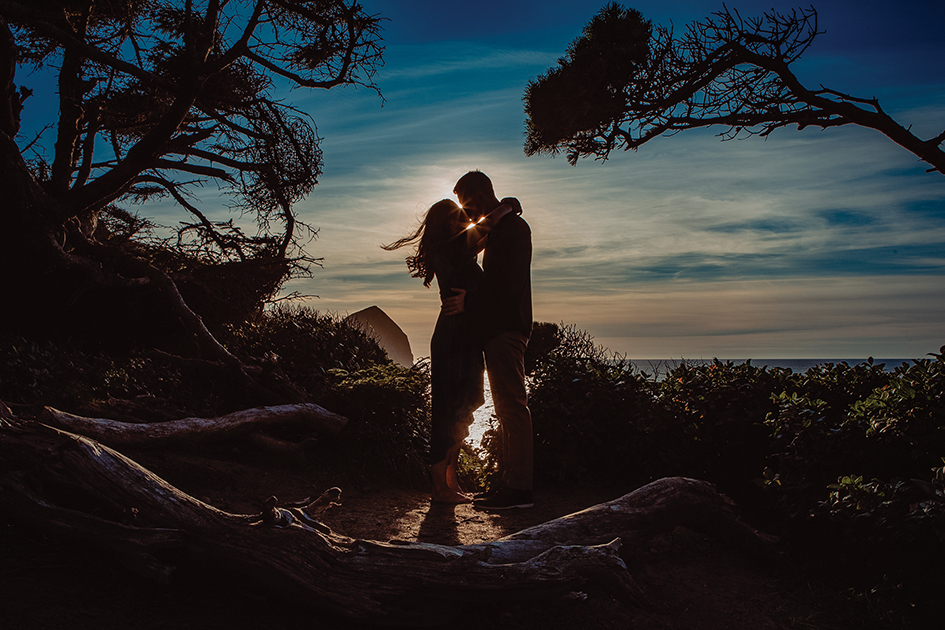
Photography by Jessica Hill Photography / Digital
Film: Timeless Charm
At the end of the day, the appeal of film is in all of its quirks, which can make it less appealing than digital on a practical level. “I don’t believe there is a pro-and-con list for film versus digital. It is simply the aesthetic one gravitates to. In my humble opinion, film will always have a poetic vibe to each image rendered. Film has a unique way of capturing what you see, from depth to color and light. It sets a mood and evokes emotions through the subtle grains in each photo. It gives room to photographers and subjects to slow down, to photograph intentionally, and by doing so, invites everyone to truly experience the moment. Above all, film is and forever will be timeless,” says Rithy Tamba of RTFaith Photography.
Digital: Foolproof
“As much as I love the beautifully rich, historic and slower process of film, so much can go wrong that I choose to shoot digital when it comes to photographing weddings. I’m able to immediately back up [photos] on-site and know that I created magic for a couple, oftentimes sending sneak peeks within days of the event,” says Jessica Hill of Jessica Hill Photography. Huss concurs: “Once digital cameras became a big part of the industry and introduced some pretty amazing technology to the world, I took it on for weddings and, to be honest, haven’t looked back. Shooting in a digital format has led to a peace of mind with additional backup capabilities in the camera as well as less turnaround time for my clients.”
"I don’t believe there is a pro-and-con list for film versus digital. It is simply the aesthetic one gravitates to. In my humble opinion, film will always have a poetic vibe to each image rendered... It gives room to photographers and subjects to slow down, to photograph intentionally, and by doing so, invites everyone to truly experience the moment. Above all, film is and forever will be timeless,."– Rithy Tamba of RTFaith Photography.

Photography by RT Faith Photography / Film

